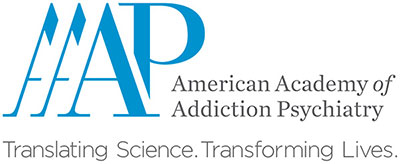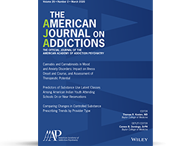The American Academy of Addiction Psychiatry (AAAP) and the American Society of Addiction Medicine (ASAM) have jointly developed a crucial Clinical Practice Guideline on the Management of Stimulant Use Disorder (StUD). This groundbreaking guideline is designed to provide evidence-based strategies and clinically informed standards of care for the prevention and treatment of StUD, stimulant intoxication, and stimulant withdrawal.
The emergence of this guideline follows a concerning increase in overdose deaths involving stimulant drugs, including cocaine, methamphetamine, amphetamine, and prescription stimulants, over the past decade. Between 2012 and 2021, overdose deaths from these substances rose alarmingly, with rates involving cocaine more than tripling, and deaths involving methamphetamine, amphetamine, and prescription stimulants increasing even more dramatically. Furthermore, StUD can lead to a plethora of long-term health problems, including cardiac, pulmonary, psychiatric, dental, nutritional, skin, and cognitive issues.
“As physicians, we have the responsibility to offer our patients optimal care based on the latest research. The clinical practice guideline by ASAM and AAAP is an important advance that equips the healthcare workforce with recommendations for evidence-based treatments for stimulant use disorders,” said Brian Hurley, MD, MBA, DFASAM, president of ASAM. “Stimulant use disorders have an unearned reputation of being harder to treat than other addictions and this guideline elevates the visibility of treatments that improve the quality of care and change lives.”
Alarmingly, the risk from use has been escalating due to the increasing potency of illicit stimulants and the rising usage of stimulants in combination with opioids, which heightens toxicity. The Drug Enforcement Agency’s most recent National Drug Threat Assessment reports a steady or increasing availability and potency of cocaine and methamphetamine at low prices, suggesting these distressing trends may worsen.
“Substance use disorders are an escalating crisis. It’s our responsibility to arm ourselves with the most recent evidence-based strategies, like the new clinical practice guideline, to confront this challenge head-on and make a positive impact in our communities,” said Larissa Mooney, MD, president of AAAP.
In response to this urgent health crisis, ASAM and AAAP convened a committee of experts to jointly develop a clinical practice guideline for the prevention and treatment of StUD. The goal of this guideline is to provide vital, up-to-date information and support for healthcare professionals treating individuals with StUD, ultimately improving the quality of care and contributing to a reduction in the rates of stimulant misuse and associated harms.
For further information, please contact the American Academy of Addiction Psychiatry or the American Society of Addiction Medicine.



